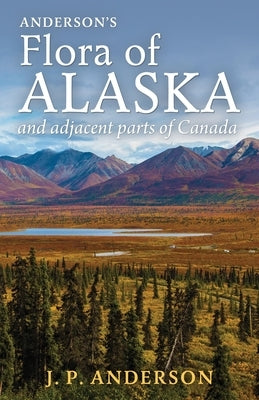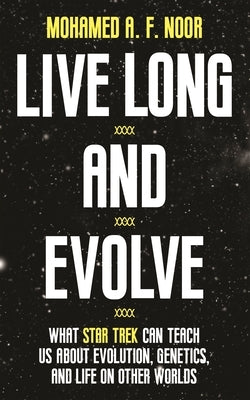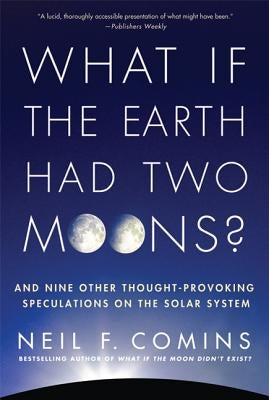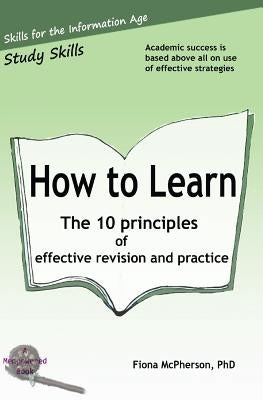This advanced textbook moves beyond a basic scientific comprehension of urban ecosystems to understand the essential details of how scientists, policy makers, and practitioners develop solutions to effectively manage urban biodiversity. Such efforts necessitate unravelling the complex components that bolster or constrain biodiversity including human-wildlife interactions, resource availability, climate fluctuations, novel species relationships, and landscape heterogeneity. However, key to an understanding of these processes is also recognizing the tremendous social variation inherent within and across urban areas. The diversity of urban human communities fundamentally shapes how society designs, builds, and manages urban landscapes. This means that urban environmental management unavoidably must account for human social variation. Unfortunately, urban systems have a history and continued legacy of social inequality (e.g., systemic racism and classism) that govern how cities are both built and managed. This novel text not only highlights these connections, but also illustrates the interdisciplinary approaches needed for advancing a new, justice-centred approach to nature conservation.
Urban Biodiversity and Equity is suitable for graduate level students and professional researchers from both natural and social science disciplines studying the ecology, conservation, and management of urban environments and their biodiversity. It will also be of relevance and use to a broader audience of urban ecologists, urban planners, and urban wildlife practitioners.
About the AuthorMax Lambert,
Aquatic Research Section Manager, Washington Department of Fish & Wildlife, Olympia, USA, Christopher Schell,
Assistant Professor, Department of Environmental Science, Policy, and Management at the University of California, Berkeley, USA Max Lambert is the Aquatic Research Section Manager at Washington Department of Fish & Wildlife, Olympia, USA. A conservation biologist who focuses predominantly on amphibians and reptiles, he has over a decade of experience as a research biologist studying how human activities influence wildlife and how animals subsequently evolve to deal with novel environmental conditions, both in natural environments and in our cities and suburbs. A lifetime member of the Society for Conservation Biology, in 2019 he was awarded a David H. Smith Conservation Research Fellowship which seeks to develop future world leaders and entrepreneurs who are successful at linking conservation science and application. He is currently an editor of
Ecological Solutions and Evidence, a new journal from the British Ecological Society that publishes studies from academics and practitioners on conservation.
Christopher Schell is an Assistant Professor in the Department of Environmental Science, Policy, and Management at the University of California, Berkeley, USA. He is an urban ecologist whose research integrates evolutionary theory with ecological application to disentangle the processes accentuating human-carnivore conflict. He works closely with underrepresented communities, wildlife managers, cultural institutions, and philanthropic organizations to help foster mutually enriching relationships among people and wildlife. He is a board member of the Urban Wildlife Working Group through The Wildlife Society and is also the Diversity Officer for the Animal Behavior Society.




















































